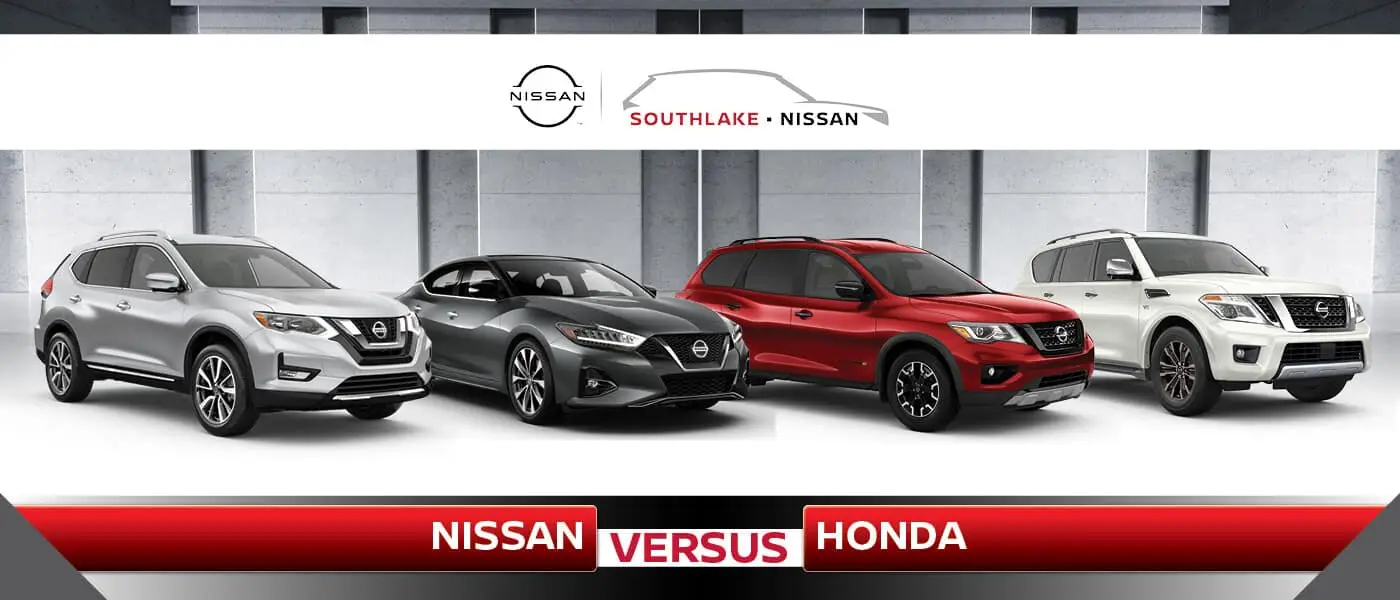In the ever-evolving automotive industry, manufacturers are constantly seeking innovative strategies to enhance their competitiveness and respond to the challenges posed by rapid technological advancements and shifting consumer preferences. Recent reports have emerged indicating that two prominent players in the automotive sector, Honda and Nissan, are currently engaged in discussions aimed at a potential merger. This development has garnered significant attention from industry experts and investors alike, as such a collaboration could significantly influence the future landscape of the automotive market.
Honda, known for its production of reliable vehicles and a strong presence in the motorcycle market, is a well-respected brand with a reputation for innovation. Meanwhile, Nissan has gained recognition for its advancements in electric vehicle technology and its commitment to sustainable practices. Both companies have faced significant pressures in recent years, including evolving regulatory requirements, increasing competition from both established automakers and new entrants in the electric vehicle space, and fluctuating consumer trends linked to environmental consciousness.
The reported talks between Honda and Nissan suggest a strategic approach to address these challenges collaboratively. Industry analysts speculate that a merger could yield various benefits for both companies, including shared research and development costs, accelerated innovation in electric vehicle technology, and an expanded global footprint. Additionally, a combined effort may provide a stronger competitive stance against rivals such as Toyota, Ford, and emerging Chinese electric vehicle manufacturers.
Another significant aspect of the merger talks revolves around enhancing efficiencies in production and supply chain management. The automotive industry has been grappling with disruptions caused by the COVID-19 pandemic, semiconductor shortages, and geopolitical tensions that have affected the availability of essential components. A merger could facilitate a more streamlined production process, improved inventory management, and increased bargaining power with suppliers, ultimately resulting in lowered costs and enhanced profitability for both firms.
Moreover, the automotive industry is increasingly focused on sustainability and reducing its carbon footprint. Both Honda and Nissan have expressed commitments to developing environmentally friendly vehicles, but a merger could amplify these efforts. By pooling resources and expertise, they could accelerate the development of electric and hybrid vehicles and collaborate on electric vehicle infrastructure, such as charging networks. This commitment to sustainability is not only pivotal for meeting regulatory standards but also resonates with the growing base of environmentally conscious consumers.
Market observers are also interested in how this potential merger could impact the competitive dynamics within the automotive sector. Should Honda and Nissan finalize an agreement, it could signal a trend of consolidation in the industry, prompting other manufacturers to explore similar partnerships. This could ultimately reshape the market landscape, leading to fewer but potentially stronger players that can better compete on a global scale.
While the notion of a merger may appear advantageous on the surface, it raises questions regarding the integration of two distinct corporate cultures and management styles. The successful melding of these elements is critical to maintaining employee morale and ensuring operational coherence. Both companies will need to engage in thorough due diligence to assess the compatibility of their corporate philosophies, operational strategies, and governance structures. Effective communication and transparency will be paramount throughout this process to minimize disruptions that could arise from employee concerns or public scrutiny.
As talks progress, stakeholders in the automotive industry remain vigilant. Investors are closely monitoring the stock performance of both companies and the potential implications for their long-term market viability. Consumers, too, are likely to be affected by any changes resulting from a merger, particularly in terms of product offerings, brand identities, and pricing strategies.
Despite the potential benefits, challenges remain that will need to be navigated for a successful merger. Regulatory hurdles and antitrust considerations will also play a significant role in the feasibility of this partnership. Both Honda and Nissan will need to navigate a complex landscape of regulatory requirements across different jurisdictions, and any indications of monopolistic behavior could lead to scrutiny from government bodies.
In conclusion, the reported merger talks between Honda and Nissan mark a significant moment in the automotive industry, underscoring the importance of collaboration in the face of unprecedented challenges. If successful, this merger could pave the way for enhanced competitiveness and innovation, positioning both companies to better serve consumers in an increasingly dynamic market. As the discussions unfold, stakeholders across the industry will be watching closely to see how these negotiations progress and what impacts may arise from such a transformative partnership.



